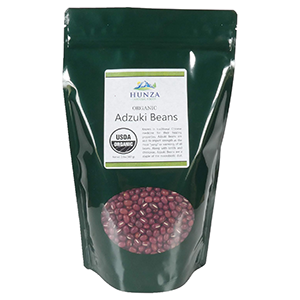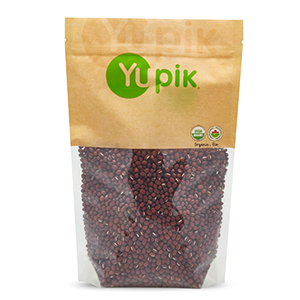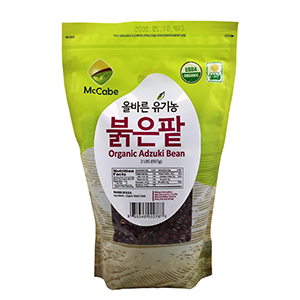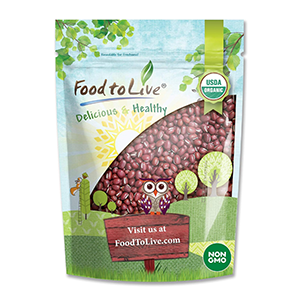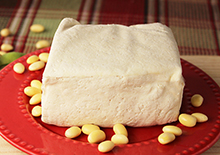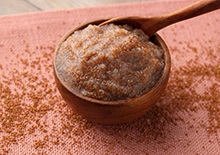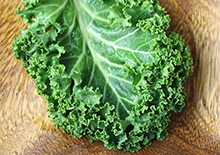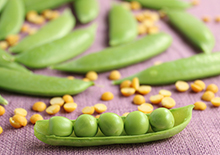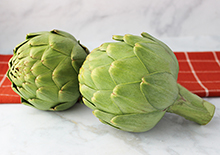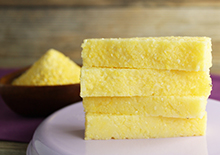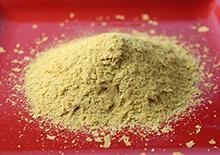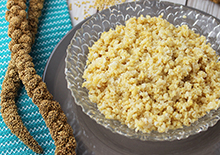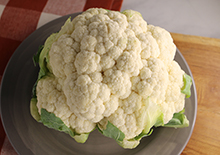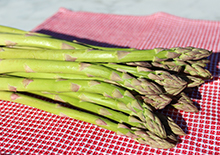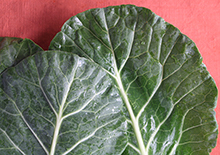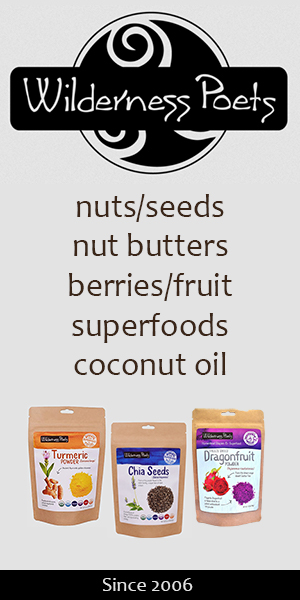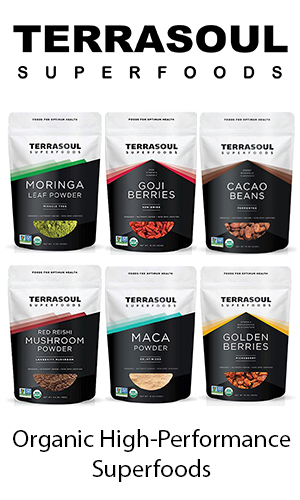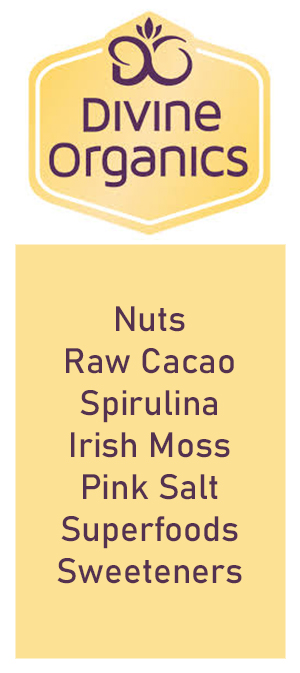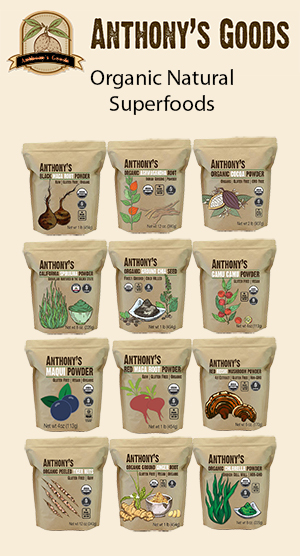- Home
- Plant-Based Cooking
- What are Adzuki Beans?
What are Adzuki Beans? Nutrition and Unusual Ways to Eat
Intro | Adzuki Vs Kidney | Adzuki Beans Nutrition | Scientific Research | Ways to Eat | How to Cook | Precautions | Shop
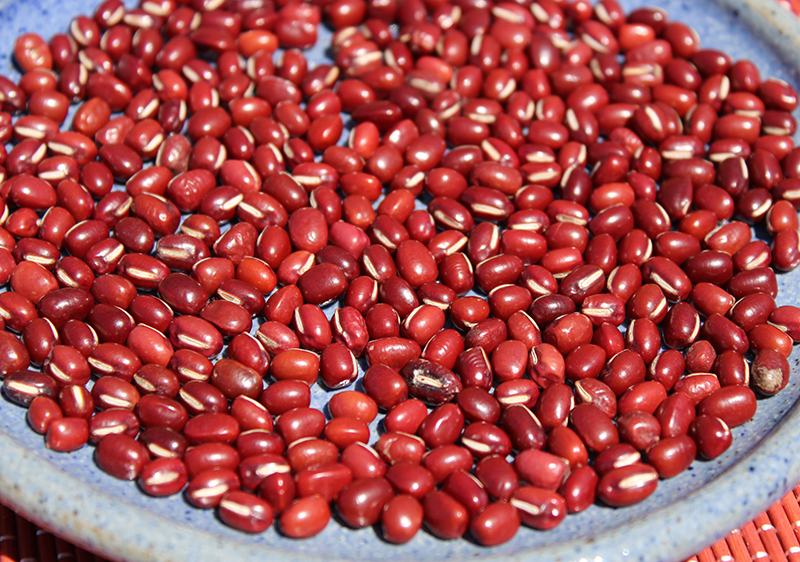
Adzuki bean is a small glossy red bean from the species Vigna angularis, an annual vine native to East Asia. Pronounced 'a-zoo-kee', its name comes from the Japanese language.
They are the main bean variety used to make the infamous "red bean paste", popular for use as a condiment or filling in sweet or savory foods.
Although adzuki beans have been utilized alongside soybeans for centuries in East Asian cuisine, they are now becoming a more popular bean option in kitchens around the world.
Here we'll delve into all that this legume has to offer and why integrating them into your diet plan might provide a tasty yet nutritious way to support overall long-term well-being.
Red Adzuki Beans Vs Red Kidney Beans
Table of Contents
Intro | Adzuki Vs Kidney | Adzuki Beans Nutrition | Scientific Research | Ways to Eat | How to Cook | Precautions | Shop
While adzuki beans are sometimes called "red beans", they aren't the same thing as red kidney beans.
The adzuki bean looks very similar to the shape of a mung bean and thus is often referred to as "red mung bean" for this reason. The raw dry legume is more of a burgundy-red color with a white ridge prominent on one side. When soaked and cooked they lose some of their red pigment, turning a duller red-brown color.
Red kidney is a flat larger-sized kidney-shaped legume with a more neutral taste. Whereas the adzuki is known for its smoky sweet flavor profile that's quite distinct.
Per serving, adzuki beans contain slightly more protein and fiber than red kidney beans but also have more calories as a result.
Red kidney bean is also one of the highest in lectin content, but often these anti-nutrients can be lessened by preparation methods.
Adzuki Bean Nutrition
Vitamins and Minerals
Protein and Fiber
Scientific Research
Vitamins and Minerals
Adzuki beans are full of essential vitamins and minerals.
They are especially known for their higher amounts of the B vitamin called FOLATE. Roughly one cup of cooked adzuki contains 278 micrograms, a whopping 70% the Daily Value for adults.
Following folate, the next in line includes thiamine (22% the DV) and pantothenic acid (20% the DV).
Cooked Adzuki Beans (One Cup)
1.3mg manganese, 66% DV
386mg phosphorus, 39% DV
1,224mg potassium, 35% DV
0.7mg copper, 34% DV
120mg magnesium, 30% DV
4.1mg zinc, 27% DV
4.6mg iron, 26% DV
As far as minerals go, cooked adzuki is an excellent source of manganese, phosphorus, potassium, copper, iron, magnesium and zinc.
Protein and Fiber
Adzuki beans provide a great plant-based protein for vegans and vegetarians.
Compared to other legumes, they are in the higher range for PROTEIN content at approximately 17.3 grams for one cooked cup of adzuki beans.
That comes out to be about 34% the recommended Daily Value for protein based on an adult 2,000 calorie diet.
Protein Comparison - One Cup Cooked
Soybeans - 28.6g, 57%DV
Lentils - 17.9g, 36% DV
Adzuki Beans - 17.3g, 34% DV
Garbanzo - 14.5g, 29% DV
Black Beans - 15.2g, 30% DV
Pinto Beans - 15.4g, 31% DV
Cooked adzuki is a generous source of dietary fiber, generally more than most other legumes with one cup of cooked beans containing 17 grams of FIBER or about 61% the DV for adults.
Mostly composed of soluble fiber and resistant starch, adzuki can offer a prebiotic influence for nourishing healthy bacteria in the gut.
For individuals looking for more plant-based proteins, or those seeking to simultaneously increase their daily protein and fiber intake, adzuki beans may be a great bean alternative.
Adzuki beans contain antioxidants in the form of polysaccharide and polyphenol content which may also provide extra health benefits. (*)
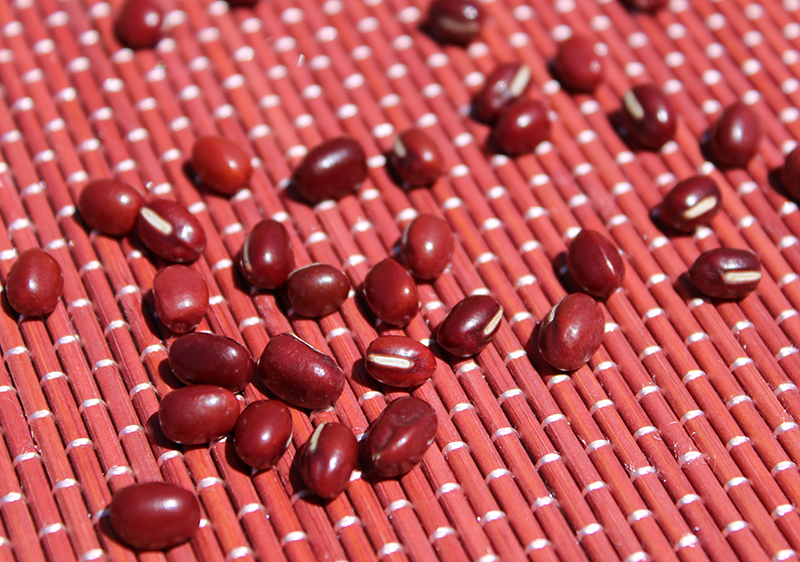
Some Science on Adzuki Beans
There are other potential benefits of including high fiber protein-rich adzuki beans in the diet that you might want to consider.
From our findings, there are several scientific observations on animals according to some research. One is for managing normal blood sugar levels.
Earlier studies likewise suggest that adzuki bean proteins can inhibit intestinal enzymes called alpha-glucosidases which are involved in starch and sugar breakdown. Alpha-glucosidase inhibitors are actually common drugs prescribed for those with Type 2 diabetes.
The next bit of science we found was a report observing the anti-obesity effect of adzuki bean consumption when fed to mice over a 12-week period. Adzuki was also shown to regulate gut microbiota composition offering an anti-inflammatory influence.
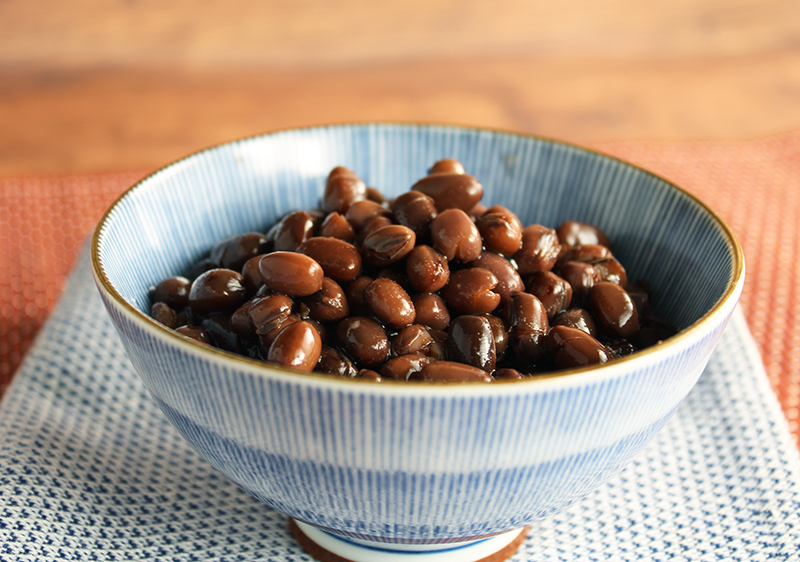
Ways to Eat Adzuki Beans
Because of their unique taste, adzuki pairs well with both sweet and savory dishes. This gives them the upper hand over other legumes when it comes to culinary versatility and creative possibilities.
They can certainly be used like other beans in soups, stews or cold salads but can also be spiced up to make Mexican refried adzuki or used with East Indian spices and coconut milk as a base for curries.
Here are a few more unusual ways you can enjoy them.
Adzuki for Red Bean Paste
Adzuki beans are the primary bean utilized to make red bean paste often featured as a key ingredient in many East Asian foods and desserts.
The paste is usually made in two different ways. Chunky or smooth. Smooth red bean paste is accomplished by removing the fibrous skin by pressing the cooked legumes through a sieve.
The chunky style is simply puréed cooked beans with the skins.
While adzuki beans are naturally sweet, the paste is traditionally mixed with a sweetener, commonly cane sugar.
Red bean paste is very popular for use as a filling in pastries, dumplings, buns or applied as a type of seasoning condiment that's layered onto certain dishes.

Adzuki Bean Miso and Tempeh
Adzuki beans make a great alternative to soybeans when making popular fermented foods like homemade miso and tempeh.
They add a robust flavor to aged red miso and likewise provide a hearty cooked legume when preparing a 24-hour Instant Pot tempeh.
How to Cook Adzuki Beans
As with all beans, we like to thoroughly soak and cook them to ensure the highest digestibility and reduce unwanted lectin content. One of the best and easiest methods we've discovered over the years is using a pressure cooker. It simply goes so much faster and always produces a perfectly tender legume.
Ingredients:
- 2 cups of dry adzuki beans
- 4 cups of filtered water
- 1/2t baking soda
Directions:
- In a bowl, pour water about one inch or two over the dry beans.
- Soak overnight in pure water with a 1/2t baking soda.
- Strain the soaked beans thoroughly and rinse.
- Place in an Instant Pot or pressure cooker with water.
- On high-pressure setting, set the time for about 16-20 minutes. (Less for a firm yet tender bean, more for a softer style that's good when making a red bean paste.)
- Salt and season to taste when done.
Adzuki beans make a great a substitute for other legume types as well as an occasional plant-based protein over meat or poultry.
Precautions:
Adzuki beans can cause digestive upset and gas especially when prepared incorrectly. It's best to consult your healthcare practitioner or nutritionist before adding them to the diet if you are pregnant, nursing, have a serious health condition or are taking any medications.
Shop Related Products (About Affiliates & Amazon Associate Paid Links)
Affiliate Disclaimer: This section contains affiliate product links. If you make a purchase through our recommended links, we receive a small commission at no additional cost to you. Thanks for the support.

